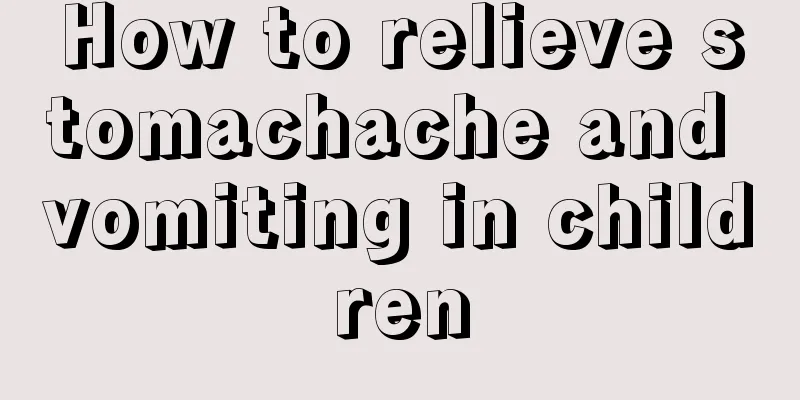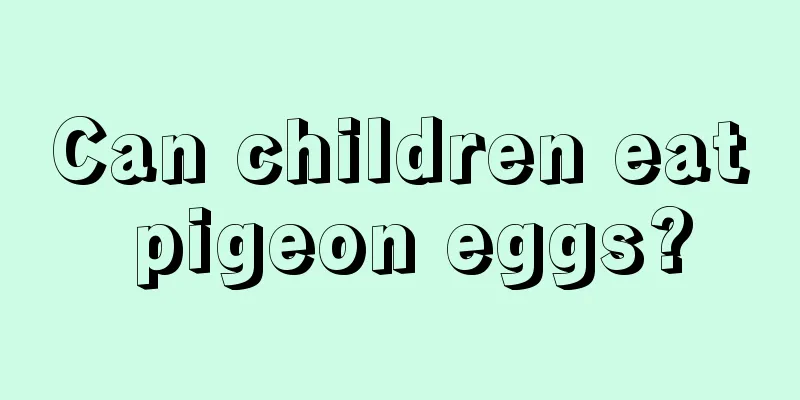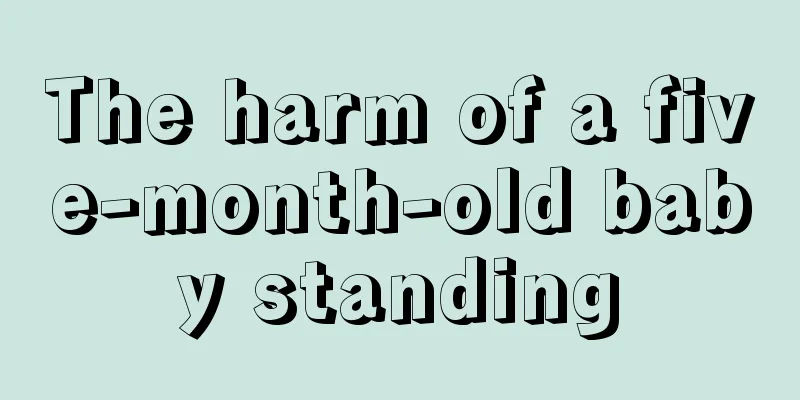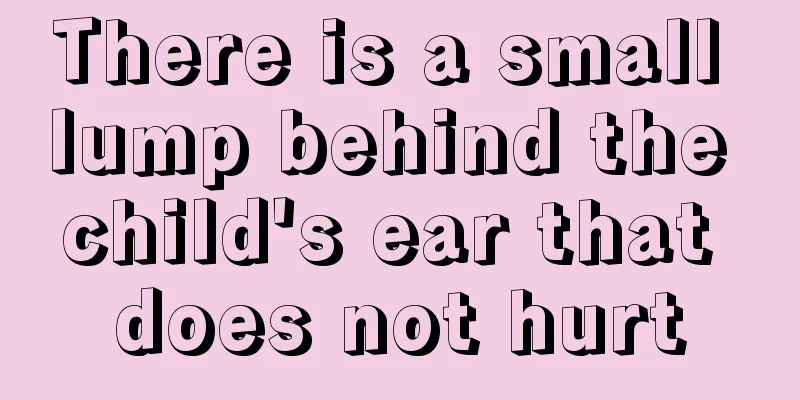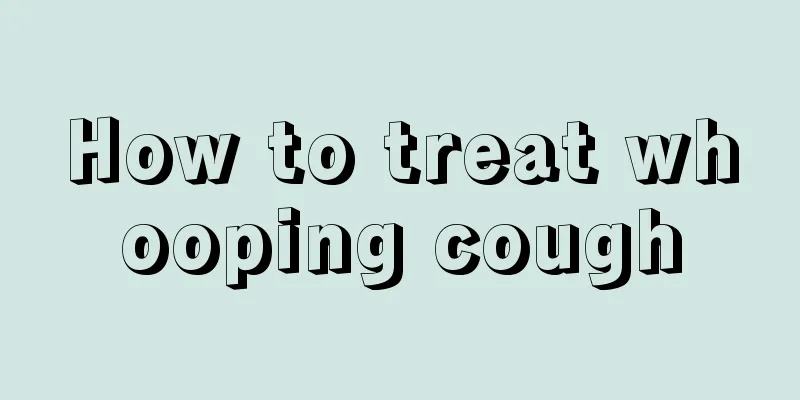Timely prevention of infant fever and upper respiratory tract infection
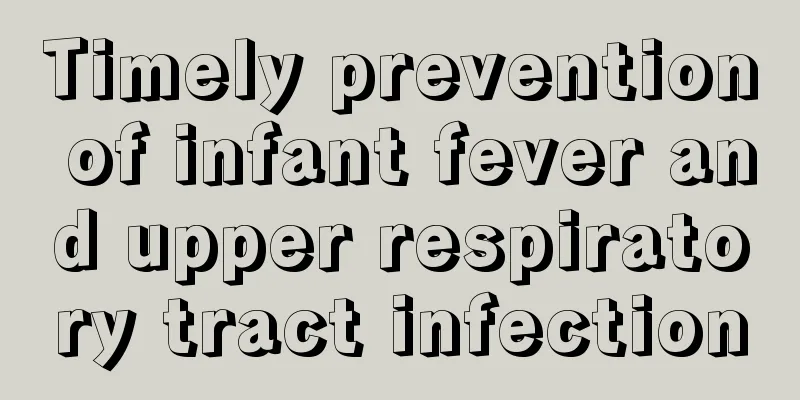
|
For every family, a newborn baby is a very happy thing, and the child’s health concerns the whole family. However, the body of a newborn baby is relatively weak and is more likely to have a fever. At this time, as a parent, you must understand it in time to avoid the possibility of upper respiratory tract infection in the baby. If a fever occurs, it must be treated in time! In this kind of life, the most distressing thing is the baby's illness, especially fever. Countless mothers become at a loss and panic as soon as they touch their child's forehead and find it hot! So, what exactly causes a fever? Why do doctors tell us that we have an upper respiratory tract infection when we have a fever? And when the mother did think it was a fever! What does it have to do with breathing? In fact, the mothers were wrong. Upper respiratory tract infection is actually the academic name for a cold. If a cold causes a fever, it is natural to treat the upper respiratory tract infection first. Fever, in layman's terms, means an increase in body temperature. To confirm whether a child has a fever, we must first rule out external factors. It is common for a baby's body temperature to exceed the normal range under certain circumstances. This is because the baby's ability to regulate temperature is insufficient. Perhaps in a hot environment, or with too many clothes, or during strenuous activities, the body temperature will rise. As long as it is adjusted in time and appropriate measures are taken, the normal body temperature can be restored quickly! For 90% of babies, their first fever after birth is roseola infantum. Since this disease is self-healing, mothers do not need to use medication and can simply use physical cooling methods. After having it once, you will be immune for life. In addition, the baby at this time will be irritable and restless due to fever and rash, so mothers must be patient and comfort them. Finally, it is important to remind you that if the child's body temperature is below 38.5 degrees, do not use fever medicine for the child. You can let the child drink more hot water and use his or her own resistance to fight the germs. However, if the high fever does not subside and the child's condition deteriorates significantly, you must go to the hospital in time, listen to the doctor's advice and take timely treatment! |
<<: Preventing pneumonia in infants Breathing Healthy Diet and Lifestyle
>>: What causes newborn baby's feet to peel?
Recommend
How to repair scars in children?
There are many reasons that may cause scars on ch...
How to quickly eliminate styes
We all know that stye means a swollen eye, which ...
What should I do if my baby has gastrointestinal inflammation?
If the baby has gastrointestinal inflammation, he...
Introduction to the Newborn Infant Jaundice Index
Nowadays, many parents report that their children...
Treatment for baby's cough and vomiting in the middle of the night
We all know that many people have experienced cou...
Why does my baby always wake up during sleep at night?
It is not easy to take care of a baby when he is ...
What are the recipes for 21-month-old babies?
A 21-month-old baby is almost two years old. Duri...
Can children play rafting?
In real life, rafting is a popular entertainment ...
How to improve children's cold and cough
Cold is a very common disease. Medicine is the be...
Can children drink chrysanthemum and wolfberry tea?
Autumn is a season when it is easy to get angry. ...
Reasons why premature babies do not gain weight
For newborns, weight is the most direct factor th...
What is the cause of dark circles under the eyes of children?
Dark circles usually appear on the faces of adult...
How many months does the baby learn to play?
Many parents have strong doubts about how many mo...
Good aerobic exercise for kids?
There are many ways to do aerobic exercise. Diffe...
Should I cover my child with a blanket when he has a high fever?
Fever is a disease in which the human body temper...
